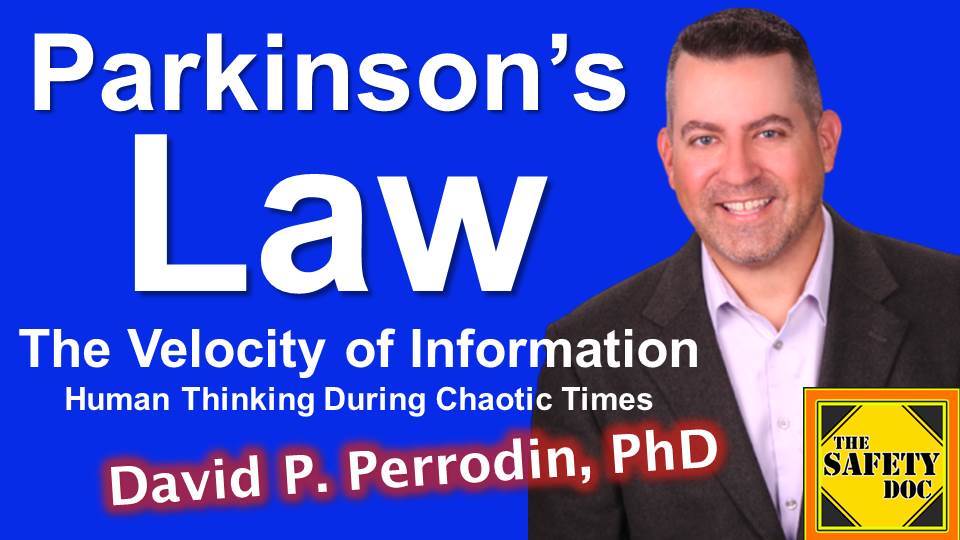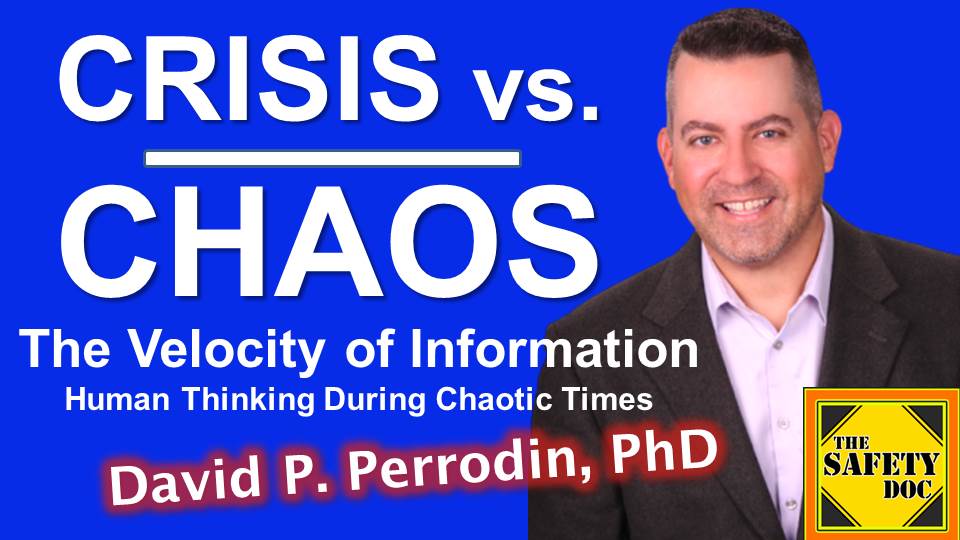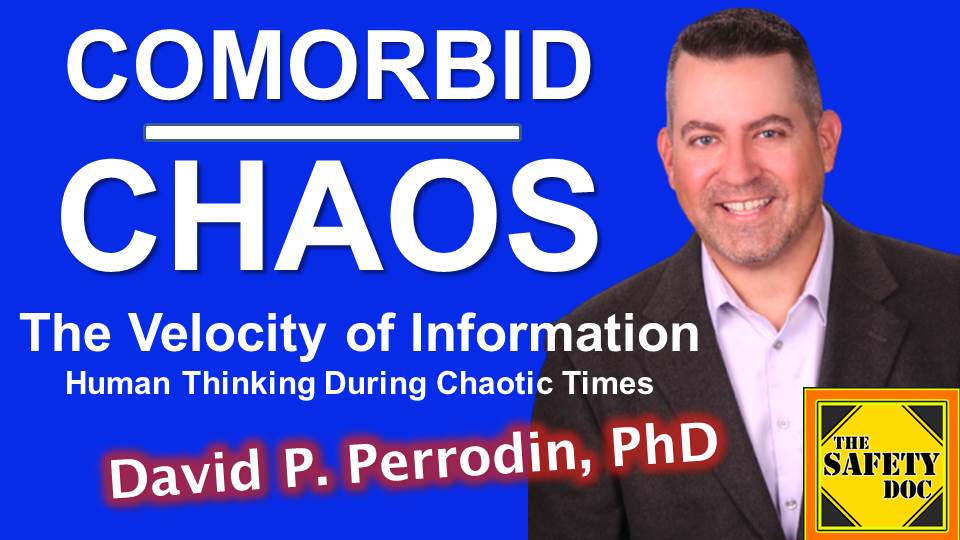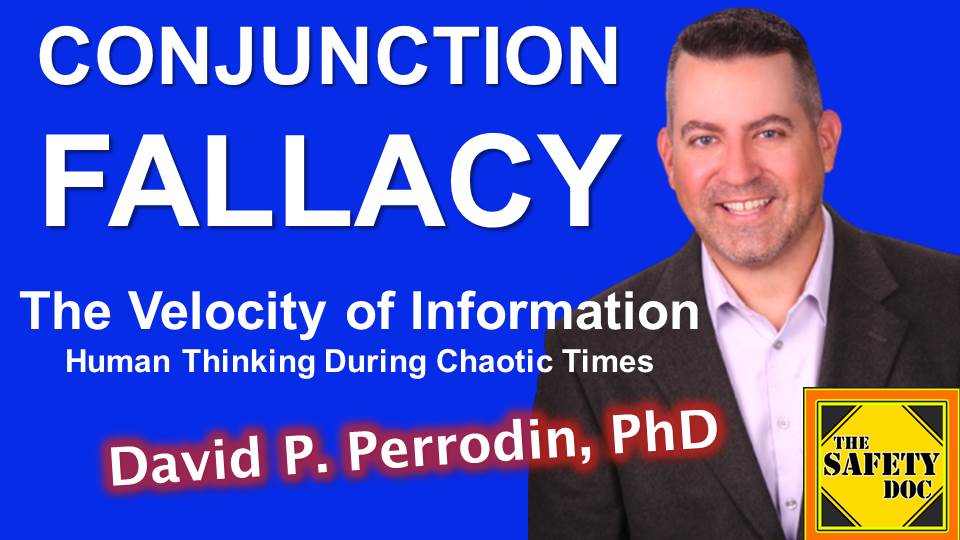Archive for March 2022
Breaking Parkinson’s Law in Chicago | The Velocity of Information | David P. Perrodin | SDP175
[Podcast] Remember fiddling around until the final hour to hunker down and complete an assignment for school or a project for work – even though you knew of the deadline for weeks? There you were, confident you could serviceably complete the task and submit it in a nick of time. Welcome to Parkinson’s Law! DIRECT…
Read MoreCrisis vs. Chaos | Bifurcation and Strange Attractors | The Velocity of Information | SDP174
[Podcast] What are the differences between crisis and chaos? Is a sudden bifurcation better than a gradual bifurcation? How might a “strange attractor” contribute to the sometimes long duration, and difficult-to-recognize, patterns in chaos? Doc will discuss these questions and read an excerpt pertaining to them from his book ‘The Velocity of Information: Human Thinking…
Read MoreComorbid Chaos | 90 Days of Uncertain Times | Velocity of Information | David P. Perrodin | SDP173
[Podcast] What is comorbid chaos, how is it different from other types of chaos, and what are its consequences for societies and individuals? Doc explains the markers of uncertain times and reads an excerpt from his book, The Velocity of Information: Human Thinking During Chaotic Times. DIRECT LINK to MP3 of this Episode: https://tinyurl.com/SDP173-AUDIO COMORBID CHAOS.…
Read MoreConjunction Fallacy | Why We Believe Elaborate Reports | Taming Human Bias | SDP172
[Podcast] The `Conjunction Fallacy’ is a fallacy or error in decision making where people judge that a conjunction of two possible events is more likely than one or both of the conjuncts. Here are some examples. EXAMPLE ONE: Doc is a Wisconsinite who went to the store and bought tofu, eggplant, broccoli, and frozen meatless…
Read MoreUnpacking Normal Box Theory | Perception of Normality is Everything | Guest Lee Jarvis | SDP171
[Podcast] Guest William Wesley Lee Jarvis returns to the show to discuss “Normal Box Theory”in society and how it applies to how people, and cultures in identifying the illusion of priorities. What is “thinking in averages?” Why is perception of normality everything? What are counter-processes and fixes? How do we analyze processes of culture relative…
Read More




